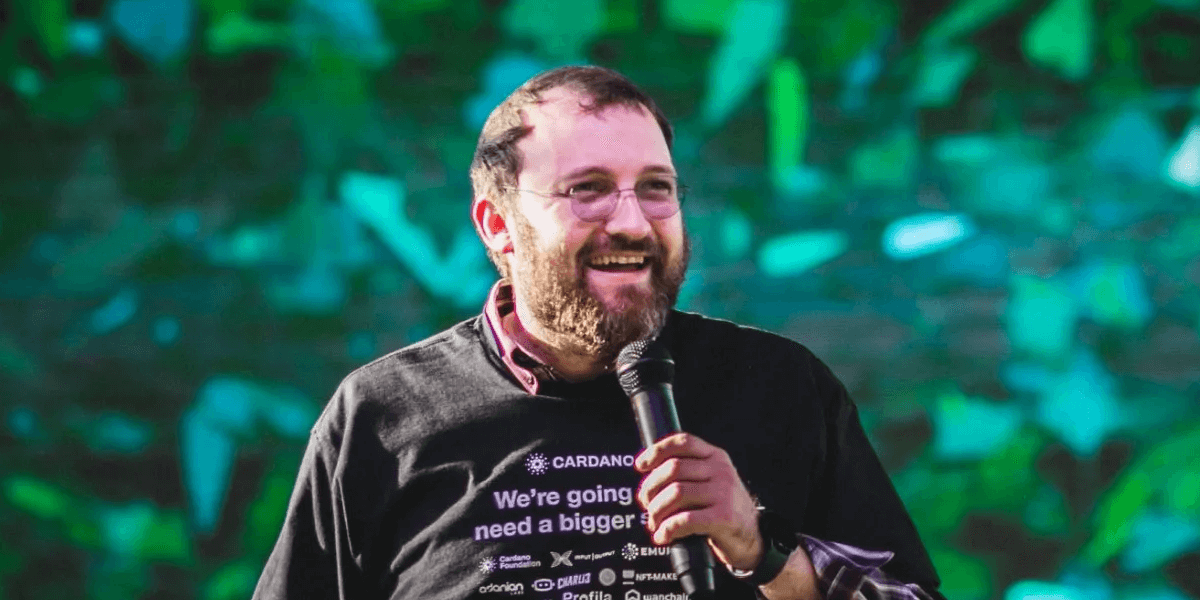-
How many projects are on Cardano?
As of 2024, there are over 1,500 projects being developed or deployed on the Cardano blockchain. These projects span various sectors, including: This rapid growth has been driven by the network’s upgrades, including the Alonzo hard fork in 2021, which introduced smart contract functionality, and subsequent developments in the ecosystem. Cardano’s focus on research-driven, peer-reviewed…
-

Charles Hoskinson
Charles Hoskinson is a prominent figure in the world of blockchain and cryptocurrency, best known as the co-founder of Ethereum and the founder of Cardano, a third-generation blockchain platform. Born in 1987, Hoskinson grew up with a keen interest in mathematics and technology, which led him to pursue studies in analytic number theory at the…
-

What’s the Benefit of Using Daedalus vs. a Third-Party Exchange (like Coinbase)?
When it comes to managing your ADA on the Cardano blockchain, you have a variety of options. You can either use a dedicated full-node wallet like Daedalus, or you can opt for third-party exchanges like Coinbase to store and manage your cryptocurrency. While both methods serve the same purpose—managing your ADA—there are key differences in…
-
Daedalus (Cardano)
Daedalus is a full-node desktop wallet for the Cardano blockchain, developed by IOHK (Input Output Hong Kong), one of the key organizations behind Cardano. It offers a secure, feature-rich way for users to interact with the Cardano blockchain and manage their ADA (Cardano’s native cryptocurrency). Key features of Daedalus include: As a full-node wallet, Daedalus…
-
The Cardano Node
The Cardano Node (not to be confused with “Cardano nodes“–the Cardano blockchain is powered by a flock of inter-connected nodes) is a core software component in the Cardano blockchain ecosystem, specifically the official implementation that powers the Cardano network. It is written in the Haskell programming language and is responsible for running the Cardano blockchain.…
-
On-Chain (Validator scripts)
On-chain validator scripts in Cardano are part of the smart contract functionality within the network. These scripts are small programs that run directly on the Cardano blockchain, responsible for validating specific conditions or rules when a transaction is processed. Here’s how they work: In essence, on-chain validator scripts are the core mechanism in Cardano’s smart…
-
Hard Fork
A hard fork on Cardano refers to a significant upgrade to the blockchain protocol that introduces new features or changes how the network operates, requiring all participants (nodes) to update to the new version. Unlike traditional hard forks that can split a blockchain into two separate chains, Cardano’s hard forks use a unique Hard Fork…
-

The Five Development Phases of the Cardano Roadmap
Cardano’s journey as a blockchain platform has been marked by careful planning, peer-reviewed research, and a long-term vision for a decentralized and scalable future. Unlike many other projects, it wasn’t rushed to market but developed with a strong focus on security, sustainability, and governance. Its growth is divided into five distinct phases, or eras, known…
-
What is Cardano?
Cardano is a decentralized, proof-of-stake blockchain platform designed to offer a secure, scalable, and sustainable environment for the development of decentralized applications (dApps) and smart contracts. Cardano is a collection of open-source, patent-free protocols. It’s a platform that enables you to store, transform, and manage value, identity, and governance. Cardano follows research not opinions or…
-
Is Cardano’s Plutus a Platform or a Programming Language?
Plutus can be described as both a platform and a programming language for the Cardano blockchain, depending on the context. Here’s how these roles are distinguished: 1. Plutus as a Programming Language 2. Plutus as a Platform Summary So, Plutus serves both as the language for smart contracts and as part of a platform to…
